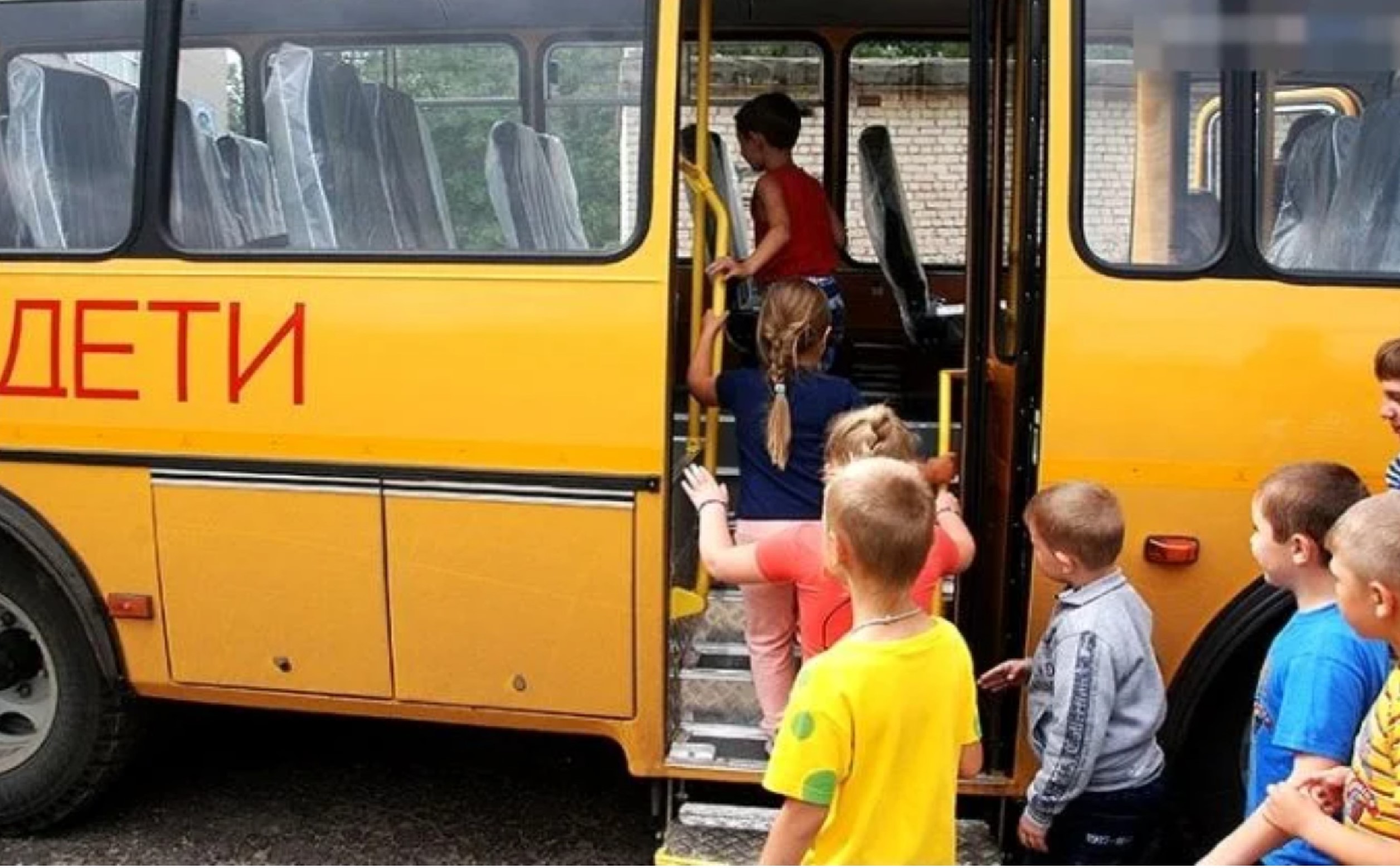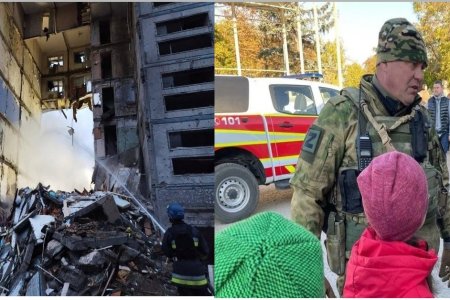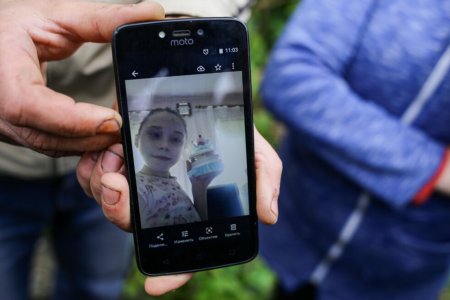
Dmytro Lubinets, Ukraine’s Human Rights Ombudsman, has warned the Office of the European Ombudsman that Ukraine will be withdrawing from this organization. On social media, Lubinets very demonstratively cut up his ‘membership card’, but it is unclear whether this is still a threat or actual withdrawal. Ukraine has serious grievances which do not appear to have been addressed, after two Ukrainian teenagers were sent by a regional ombudsman to Russia, the aggressor state waging war against Ukraine.
On the Ukrainian Ombudsperson’s website, Lubinets stated that he had sent “an urgent letter to members of the Office of the European Ombudsman, regarding withdrawal from this association.” This has been prompted by the reported removal from Austria to Moscow of two Ukrainian teenagers.
The Austrian newspaper Der Standard reported on 14 January that two teenagers, aged 16 and 17, had been sent by a Tyrol official to Moscow, purportedly to unite with their mothers. The official had not consulted the Ukrainian authorities, and, according to a Tyrol Land [state] official, had now been suspended. An investigation was supposed to have been launched.
The two Ukrainian teenagers were supposed to have been taken initially, as part of aid to Ukraine, to a children’s and young people’s facility in Tyrol. The newspaper quoted a high-ranking official, Herbert Forster who identified the person involved as working both for the Office of the European Ombudsman and for the office of the Regional Ombudsman. He appeared to have acted on a request from Moskalkova, the former police major general, and now Russian ombudsman, who has generally demonstrated an extremely specific understanding of human rights and of her role. It is evident from the TASS photo that Moskalkova used the occasion for propaganda purposes. Moscow has been abducting children and forcibly deporting families to Russia since the beginning of its full-scale invasion (and earlier), with videos of supposed reunions, of children being ‘welcomed’ after supposedly being ‘rescued’, etc. regularly used for propaganda and to conceal the nature of Russia’s aggression against Ukraine. There is no way of knowing whether the teenagers’ mothers had, in fact, come to Russia voluntarily. Furthermore, even if they did agree, it is difficult to consider this voluntary if the choice was between risking death by staying in cities like Mariupol which were being mercilessly bombed by Russia or being taken to the aggressor state’s country.
The Russian media reports showed Moskalkova meeting 17-year-old Nastya and Tolya (16) from Kreminna (Luhansk oblast), with the claim being that they had been taken to Austria without the consent of their parents, and that their mothers had asked Moskalkova to help.
Ukraine’s Ombudsman identifies the person involved in taking the Ukrainian teenagers to Moscow as being Dr. Josef Siegele. He says that Siegele is Secretary General of the European Ombudsman and a member of its Board. He is also Deputy Ombudsman of Tyrol. Lubinets does mention that an investigation has been launched, but clearly views this as inadequate. He has not received a response from the European Ombudsman President, Dr Dragon Milkov, and no internal investigation has, as he requested, been conducted. No action has been taken against Siegele, whose behaviour demonstrated his bias and flouted the aims of the Office of the European Ombudsman, Lubinets asserts.
There is probably no way in this specific case of knowing whether any aspect of the ‘joyful reunion’ overseen by Moskalkova as presented by the Russian state media was true. It is, undoubtedly, the case that the Ukrainian authorities needed to be informed and were not. Nor did Siegele only ignore this. There has been international condemnation, including from the UNHCR [the UN’s refugee agency] over Russia’s effective abduction of Ukrainian children, over them being placed in children’s homes or put up for adoption in Russia, and having Russian citizenship foisted on them. As Lubinets points out, any such transfer violates Articles 49 and 50 of the Geneva Convention relative to the Protection of Civilian Persons in Time of War. These prohibit the forcible transfer or deportation of persons from occupied territory and impose on the occupying state an obligation to take all necessary measures to facilitate the procedure for identifying the children and registering their family ties.
Lubinets also points out that the forced transfer of children from one group to another, are one of the elements of genocide, as defined by Article II of the UN Convention of December 9, 1948, on the Prevention and Punishment of the Crime of Genocide. As reported, Ukrainian human rights groups have repeatedly warned that Russia’s enforced deportation and attempts to turn Ukrainian children into ‘Russians’ are acts of genocide. A recent report even found that many children were apparently adopted’ by Russians only to be ‘returned’, like unwanted goods, when the Russians discovered that they had health problems – and after they had served their propaganda purposes. Russia is also making it difficult to find children who have been taken to Russia or occupied Crimea, with many of them having entirely new names foisted on them.
See also: Russia's forced deportation of Ukrainian children is genocide with identifiable perpetrators



